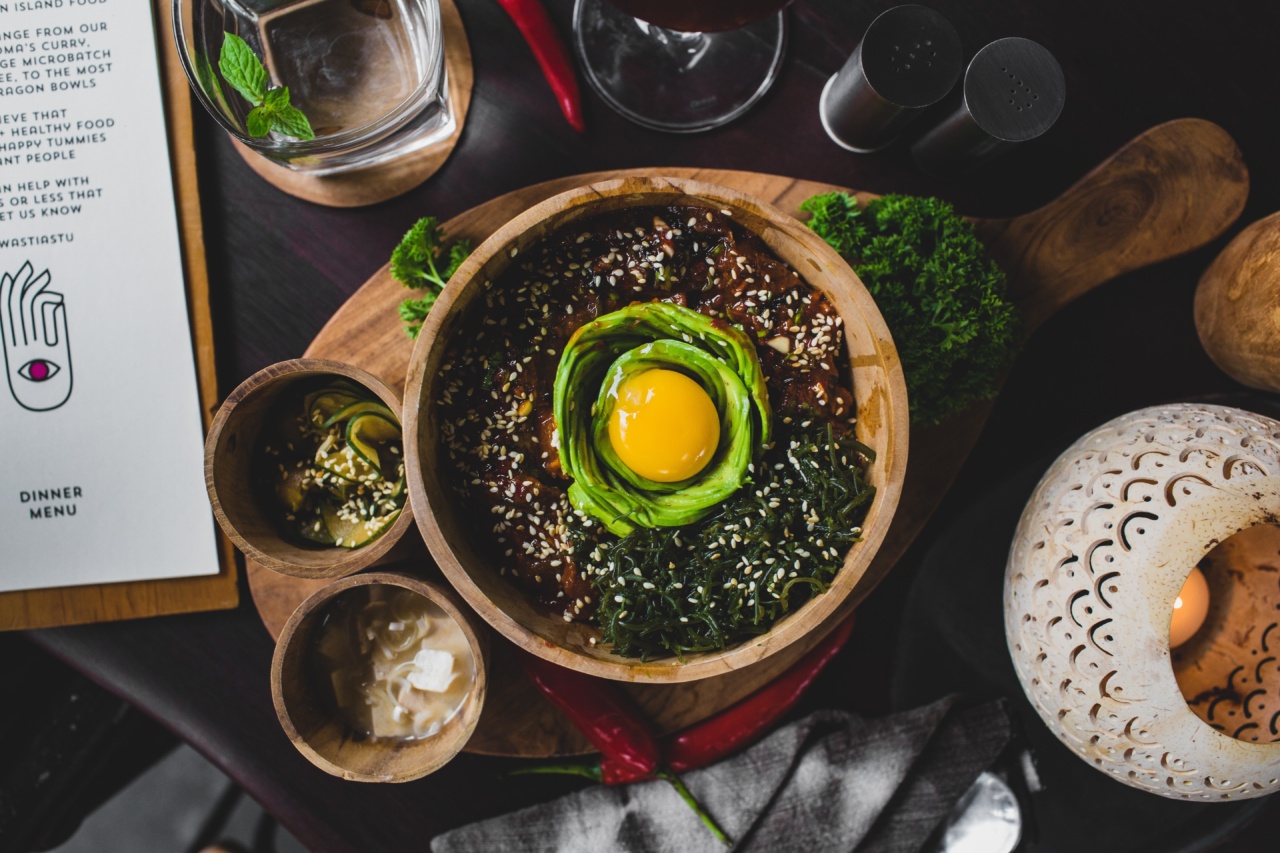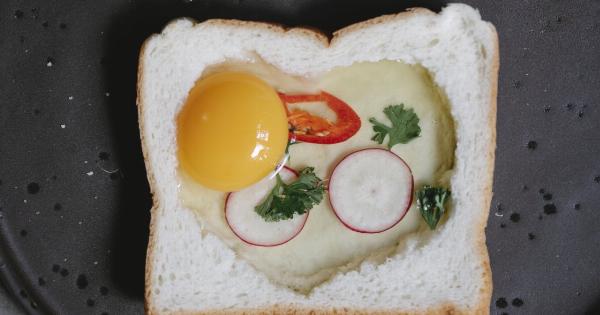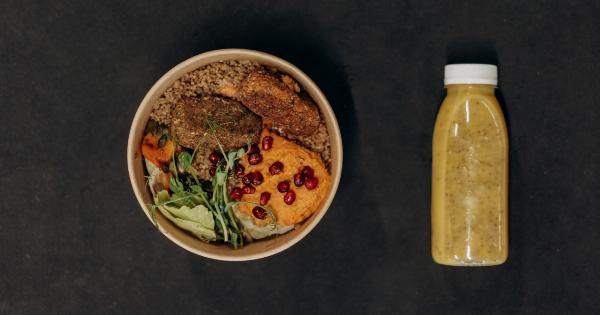When it comes to following a vegan lifestyle, individuals strive to exclude all forms of animal exploitation and cruelty from their diets and daily lives.
For this reason, the question of whether eggs laid by vegetarian chickens are safe for vegans to consume raises important ethical and dietary considerations. In this article, we will explore the diet and lifestyle of vegetarian and vegan chickens, as well as the implications of egg consumption for vegan individuals.
Veganism and Animal Exploitation
Veganism is a philosophy and lifestyle that seeks to exclude the use of animals for food, clothing, or any other purpose. Vegans advocate for the ethical treatment of animals and aim to minimize harm to sentient creatures.
While a vegetarian diet eliminates meat and fish, it often includes animal by-products such as eggs and dairy. However, many vegans argue that consuming such products undermines the fundamental principles of veganism, as these industries still involve animal exploitation.
Vegetarian Chickens: An Overview
Chickens raised in vegetarian environments are not uncommon. These chickens are fed a plant-based diet consisting of grains, legumes, fruits, and vegetables.
While a vegetarian chicken’s diet excludes animal by-products, it is important to note that these chickens may still be exposed to questionable practices or substances during their lifetime.
The Lifestyle of Vegetarian Chickens
Many vegetarian chickens are raised in factory farms, which often prioritize profits over animal welfare.
In these settings, chickens may be confined to small cages or overcrowded spaces, preventing them from engaging in natural behaviors such as foraging or socializing. The use of antibiotics or growth hormones is also common in conventional chicken farms, which can have potential health implications.
Dietary Considerations for Vegetarian Chickens
While vegetarian chickens receive a plant-based diet, there are concerns regarding the nutritional adequacy of their food. Chickens are omnivorous animals by nature, meaning they have evolved to consume both plant and animal-based foods.
Protein, essential vitamins, and minerals that chickens naturally obtain from insects and other small creatures in the wild may be missing from a strictly vegetarian diet.
Implications for Vegan Individuals
For vegans, the decision of whether to consume eggs laid by vegetarian chickens is a personal one, dependent on their individual values and interpretation of veganism.
Some vegans argue that since vegetarian chickens are not directly raised for meat production, consuming their eggs does not contribute to the same level of animal exploitation as the conventional egg industry. Others believe that any form of animal product consumption perpetuates the notion that animals are commodities for human use, regardless of the circumstances in which they are produced.
Alternatives for Vegans
For those who choose to abstain from consuming eggs laid by vegetarian chickens, there are numerous plant-based alternatives available. The market offers a range of vegan egg substitutes that mimic the qualities of eggs in baking and cooking.
These substitutes are typically made from ingredients such as chickpea flour, tofu, or flaxseed and are cruelty-free options for vegans seeking to replicate the functionality of eggs in their culinary endeavors.
Educating Consumers and Supporting Ethical Practices
Ultimately, the key to promoting animal welfare and ethical practices lies in education and consumer choices.
By supporting local, sustainable, and ethically-driven farmers who prioritize the welfare of their hens and adhere to cruelty-free practices, individuals can align their actions with their vegan values. Additionally, advocating for systemic changes in the food industry and promoting transparency in labeling can contribute to a future where eggs and other animal products are produced in a manner that aligns with vegan principles.
Conclusion
While eggs laid by vegetarian chickens may appear to align with a vegan lifestyle on the surface, the decision to consume them extends beyond the diet itself.
The ethical implications of consuming any animal product, regardless of the circumstances, are at the core of the vegan philosophy. Ultimately, it is up to each vegan individual to determine where they draw the line and make choices that align with their personal values and beliefs.































